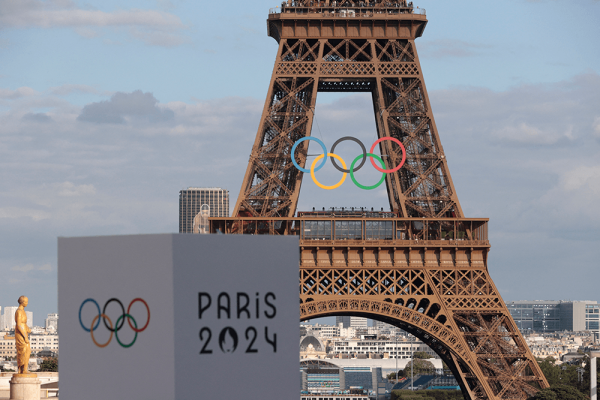Jul 22, 2024
As a dedicated sports fan, I am extremely excited to watch this year’s lineup of the 2024 Summer Olympics, starting in Paris on Friday, July 26. The U.S. women’s basketball team is competing for their 8th consecutive gold medal; Simone Biles may just win it all — again; and though I know nothing of the sport, I am always excited to catch a fencing bout. However, as a Christian, I am also paying close attention to the ways in which religion is being utilized — for good and for bad — at this year’s Olympic Games.
Read the Full Article

Already a subscriber? Login
